MTSU faculty and staff recently contributed their perspectives on a variety of issues to reporters’ stories on health care professionals, “reverse racism,” the Texas anti-abortion law, public radio, porch piracy and other subjects.

Michael Baily
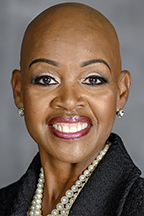
Lynda Williams
Michael Baily, director of academic integrity, explained the online tool Examity, which is used to ascertain who is cheating on schoolwork, in an Aug. 27 story for National Public Radio. The transcript is available here.
Lynda Williams, a professor of criminal justice administration, said collaboration with communities is essential to good policing in an Aug. 31 article in the Washington Times. Her remarks can be read here.
Williams also condemned qualified immunity because it is used to shield bad police officers from being held accountable for their actions in an American Bar Association panel discussion. Her words were chronicled in a Sept. 17 article at www.legalnews.com, which is available here.
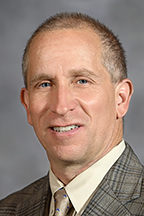
Dr. Richard Tarpey
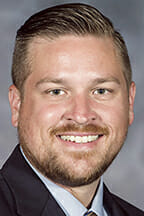
Dr. Ben Stickle
Dr. Richard Tarpey, an assistant professor of management, explained burnout among nurses and health care professionals’ reluctance to take a COVID-19 vaccination in a Sept. 3 article in the Tampa (Florida) Bay Times. His views can be accessed here.
Dr. Ben Stickle, an associate professor of criminal justice administration, offered suggestions on how consumers can combat porch piracy in a Sept. 3 report by CBS Chicago. His comments are available here.

Dr. John Vile

Kia Jarmon
Dr. John Vile, dean of the University Honors College and political scientist, explained how the new Texas anti-abortion law could affect the 1971 Roe v. Wade U.S. Supreme Court decision in a Sept. 3 story published by USA Today. His views can be read here.
Kia Jarmon, an adjunct professor in the College of Media and Entertainment, criticized cries of “reverse racism” after an all-black team made the finals of the cookout on the CBS television program “Big Brother” in a Sept. 10 article in Entertainment Weekly. Her remarks are available here.
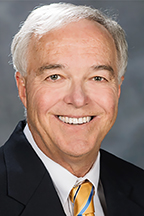
Ken Paulson
Ken Paulson, director of the Free Speech Center, assessed the criminal case against Backpage, a website that prosecutors allege facilitates sex trafficking, in a Sept. 11 article by Gizmodo. His comments can be accessed here.
Paulson also noted that Twitter’s ban of controversial pastor Greg Locke from its social media platform might actually improve Locke’s popularity in a Sept. 15 article in The Tennessean. His remarks are available here.
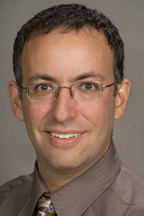
Dr. Stuart Bernstein
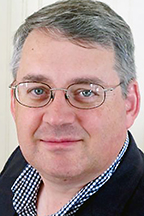
Dr. Louis Kyriakoudes
Dr. Stuart Bernstein, a professor of psychology, and Dr. Louis Kyriakoudes, director of the Albert Gore Research Center, explained why some people behave badly toward others regarding COVID-19 issues such as mask mandates in a Sept. 13 article in the Daily News Journal of Murfreesboro, Tennessee. Their perspectives can be read here.

Dr. Crystal deGregory
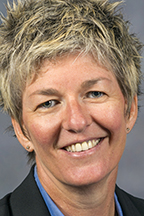
Val Hoeppner
Dr. Crystal de Gregory, a research fellow at the Center for Historic Preservation, wrote a column about the significance of the late Tennessee State University head football coach John Merritt that appeared Sept. 15 in the State Journal of Frankfort, Kentucky. Her essay can be accessed here.
Val Hoeppner, executive director of WMOT-FM, hailed the role of public radio in keeping listeners connected in previewing the upcoming Public Radio Music Day in a Sept. 16 article by Inside Radio. Her remarks are available here.
Reporters seeking expertise from MTSU personnel, as well as members of the campus community with expertise for media, may contact Gina Logue in the Office of News and Media Relations at 615-631-8322 or via email at gina.logue@mtsu.edu.
— Gina K. Logue (gina.logue@mtsu.edu)


COMMENTS ARE OFF THIS POST